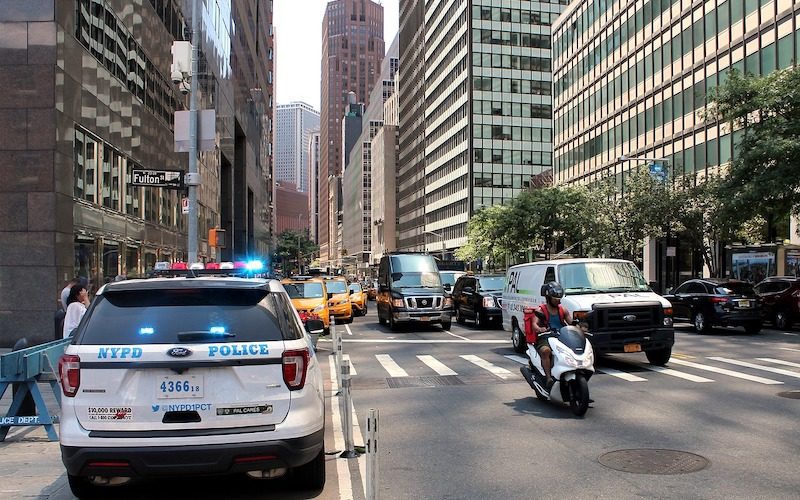
A traffic stop could lead to serious consequences
A traffic stop predicated upon a police officer’s claim that you were observed violating New York traffic laws might not end with just a traffic ticket. If a police officer suspects that you might be engaged in drug offenses, stopping your vehicle could be a pretext the opportunity for a search and seizure.
As a general rule, police need probable cause or reasonable suspicion to conduct a search of your car without your consent. Probable cause is a standard under which the officer must be able to articulate facts supporting a belief that a search of your vehicle will result in the discovery of evidence of criminal conduct.
Reasonable suspicion is a slightly lower standard than probable cause. When an officer does not have sufficient facts to support a search and seizure, he or she might still be able to conduct a limited search for weapons. If you are acting suspiciously or in a threatening manner, such conduct might permit a search of you and your vehicle for weapons under the guise of officer safety. Whether the search is conducted with probable cause or reasonable suspicion, if drugs are found, you could be charged with drug possession or drug trafficking.
It is common for police officers lacking either probable cause or reasonable suspicion to conduct a search and seizure to ask you for permission to search the vehicle. When you give consent to a police search of your car, you waive your rights under the Fourth Amendment to the U.S. Constitution, and drugs found can be used as evidence to support the filing of drug charges against you.
If you have been charged with drug offenses, an illegal search and seizure might be a defense that could help you avoid the serious consequences associated with drug charges. A consultation with a Rockland County criminal defense attorney could help you to understand your rights.
